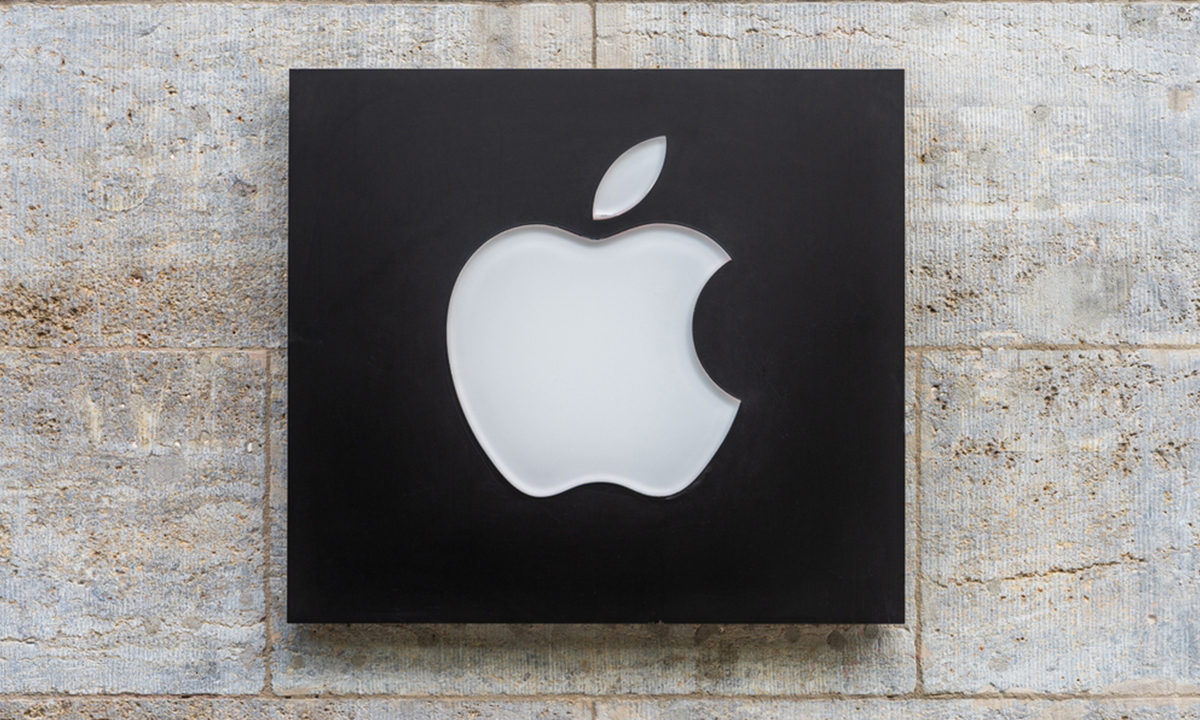
According to Reuters, the European Union (EU) antitrust regulators initiated legal proceedings on Thursday aimed at ensuring that Apple adheres to new DMA rules requiring greater openness within its ecosystem. Failure to comply could result in significant penalties, including potential fines of up to 10% of the company’s annual global turnover.
The European Commission’s actions focus on the Digital Markets Act (DMA), a landmark regulation that came into force last year. The DMA is designed to curb the market power of tech giants by promoting fair competition and improving interoperability between devices and services. Per Reuters, the Commission’s latest move against Apple marks the first time the DMA’s “specification proceedings” have been utilized, setting a precedent for how large technology firms will be regulated under the new law.
In a statement, Margrethe Vestager, the EU’s antitrust chief, emphasized the importance of this process. “Today is the first time we use specification proceedings under the DMA to guide Apple towards effective compliance with its interoperability obligations through constructive dialogue,” Vestager said. The Commission will outline specific steps Apple must take to comply with the DMA, focusing on the company’s role as a gatekeeper in the digital ecosystem.
The proceedings are divided into two key areas, according to Reuters. The first is centered on ensuring interoperability between Apple’s iOS and a variety of connected devices, such as smartwatches, headphones and virtual reality headsets. The goal is to enhance the compatibility of features like notifications, device pairing and connectivity with rival products.
Related: Ireland Prime Minister: Apple’s €13 Billion Payment Could Fund Housing and Capital Projects
The second proceeding addresses how Apple handles requests for interoperability submitted by developers and third parties for both iOS and iPadOS. The Commission is pushing for a more transparent, timely and fair process, enabling external developers to access Apple’s platforms more easily. Both investigations are expected to be concluded within six months.
Apple, for its part, has responded by pledging to work constructively with the Commission, though it expressed concerns about the potential consequences of these new requirements. “Undermining the protections we’ve built over time would put European consumers at risk, giving bad actors more ways to access their devices and data,” the company warned in a statement.
As the EU continues to enforce the Digital Markets Act, Apple’s response and the final outcome of these proceedings could set a critical example for how large tech companies will need to adapt to meet new regulatory standards in Europe.
Source: Reuters
Featured News
Big Tech Braces for Potential Changes Under a Second Trump Presidency
Nov 6, 2024 by
CPI
Trump’s Potential Shift in US Antitrust Policy Raises Questions for Big Tech and Mergers
Nov 6, 2024 by
CPI
EU Set to Fine Apple in First Major Enforcement of Digital Markets Act
Nov 5, 2024 by
CPI
Six Indicted in Federal Bid-Rigging Schemes Involving Government IT Contracts
Nov 5, 2024 by
CPI
Ireland Secures First €3 Billion Apple Tax Payment, Boosting Exchequer Funds
Nov 5, 2024 by
CPI
Antitrust Mix by CPI
Antitrust Chronicle® – Remedies Revisited
Oct 30, 2024 by
CPI
Fixing the Fix: Updating Policy on Merger Remedies
Oct 30, 2024 by
CPI
Methodology Matters: The 2017 FTC Remedies Study
Oct 30, 2024 by
CPI
U.S. v. AT&T: Five Lessons for Vertical Merger Enforcement
Oct 30, 2024 by
CPI
The Search for Antitrust Remedies in Tech Leads Beyond Antitrust
Oct 30, 2024 by
CPI